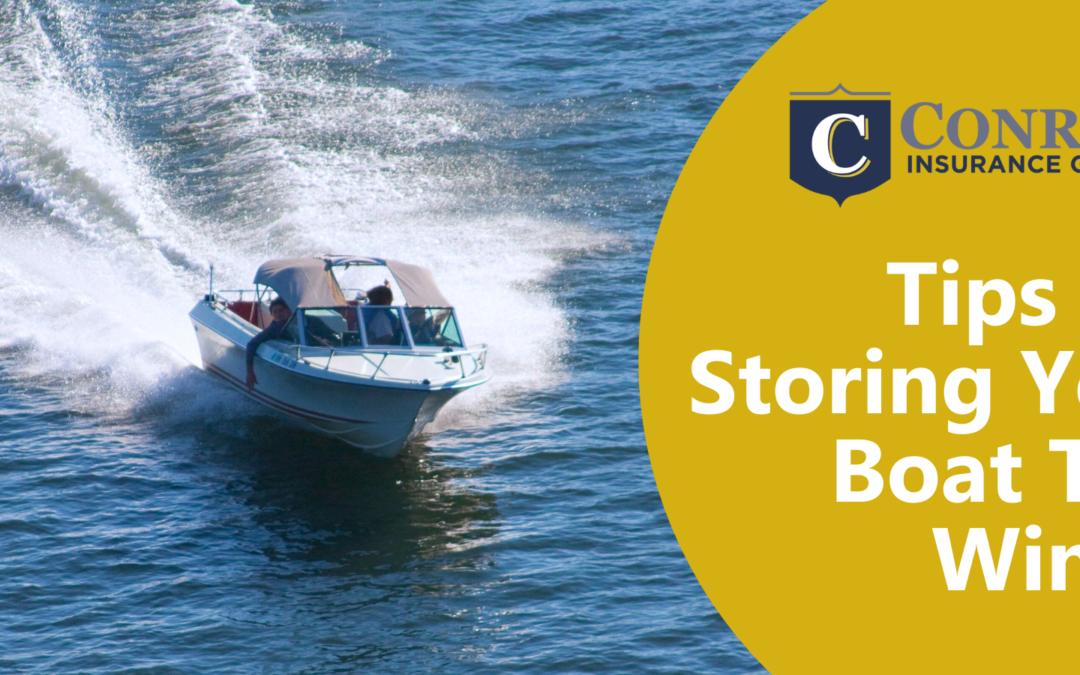Winterizing your boat is essential to protect your investment and ensure it’s ready to hit the water come spring. Proper storage not only prevents damage from harsh weather conditions but also helps maintain its value. To help safeguard your investment, we’ve compiled a list of essential tips on how to store your boat for the winter, including steps to take both on and off the water. By following these guidelines to winterize your boat, you can rest assured that your boat will be in excellent condition when you’re ready to set sail again.
Remove your battery.
Because of inconsistent use during the summer months, your boat battery may not be fully charged each time you use it. The problem is compounded if you leave it in your boat while it’s stored for the winter. More than likely your battery will be dead when spring arrives. It’s a good idea to remove your battery and store it in a warm dry place. Consider using a trickle charger to keep your battery in good shape during the winter months.
Drain excess water from your boat.
Make sure to remove the bilge drain to empty water from your boat. Cracked hulls as a result of freezing aren’t covered by an insurance policy.
Drain excess water from your motor.
This step can be confusing and a bit tricky. However, it’s very important that it’s done correctly. Frozen water can damage your motor, as well as other components. This damage isn’t covered by insurance. Consider using a local boat dealer to have them winterize your boat.
Top it off.
Make sure your gas tank is full prior to storing. Also, add a gas stabilizer to prevent moisture.
Repair your hull.
Your boat can take a beating during the boating season. If your hull was damaged, get it repaired prior to storing it. This ensures the damage won’t get worse and your boat will be ready for use when nice weather returns.
Inspect your trailer.
So often I come upon cars pulling trailers and the lights aren’t working properly. At the end of each season, make sure your brake lights and directionals are functional.
Remove electronics and gear.
Most insurance policies provide coverage for theft. However, to avoid filing a claim, remove electronics and fishing gear from the boat prior to storage. Storing the gear in your home is a better alternative.
Cover your boat.
Covering your boat with a properly fitting cover can protect it from dirt, dust, and moisture. It also prevents rodents from getting into your boat and causing damage.
Keep rodents out.
As mentioned earlier, rodent damage isn’t covered by an insurance policy. If you’re storing your boat in your garage, consider setting up mouse traps to catch them before they enter your boat. Also, consider placing moth balls or scented laundry fabric sheets strategically around the boat to keep rodents out.
Check your boat occasionally.
If you have access to your boat, consider checking on it occasionally. Look for animal droppings or gnaw marks which may indicate a problem.
By following these essential tips to winterize your boat, you can protect your boat from damage and ensure it’s ready to enjoy when warmer weather returns. Remember to remove your battery, drain excess water, top off your gas tank, and secure your boat with a cover. Regular inspections and preventive measures will help maintain your boat’s value and prevent costly repairs. With proper care, your boat will be in excellent condition and ready for adventure when the boating season begins anew.

